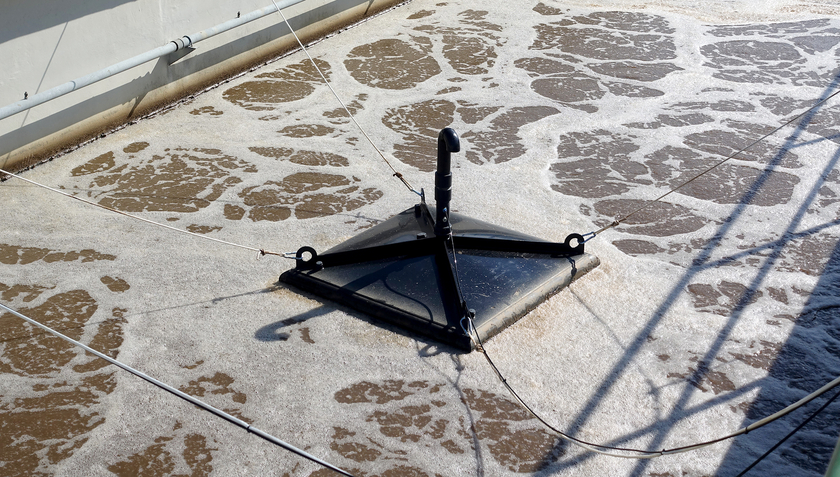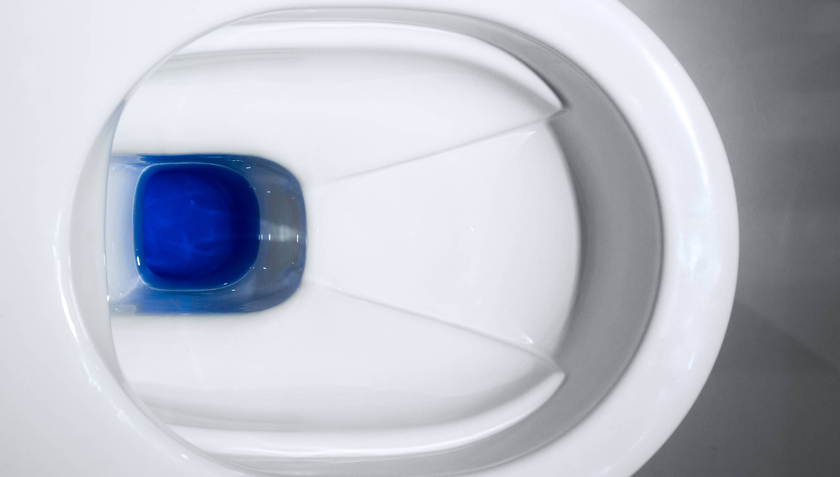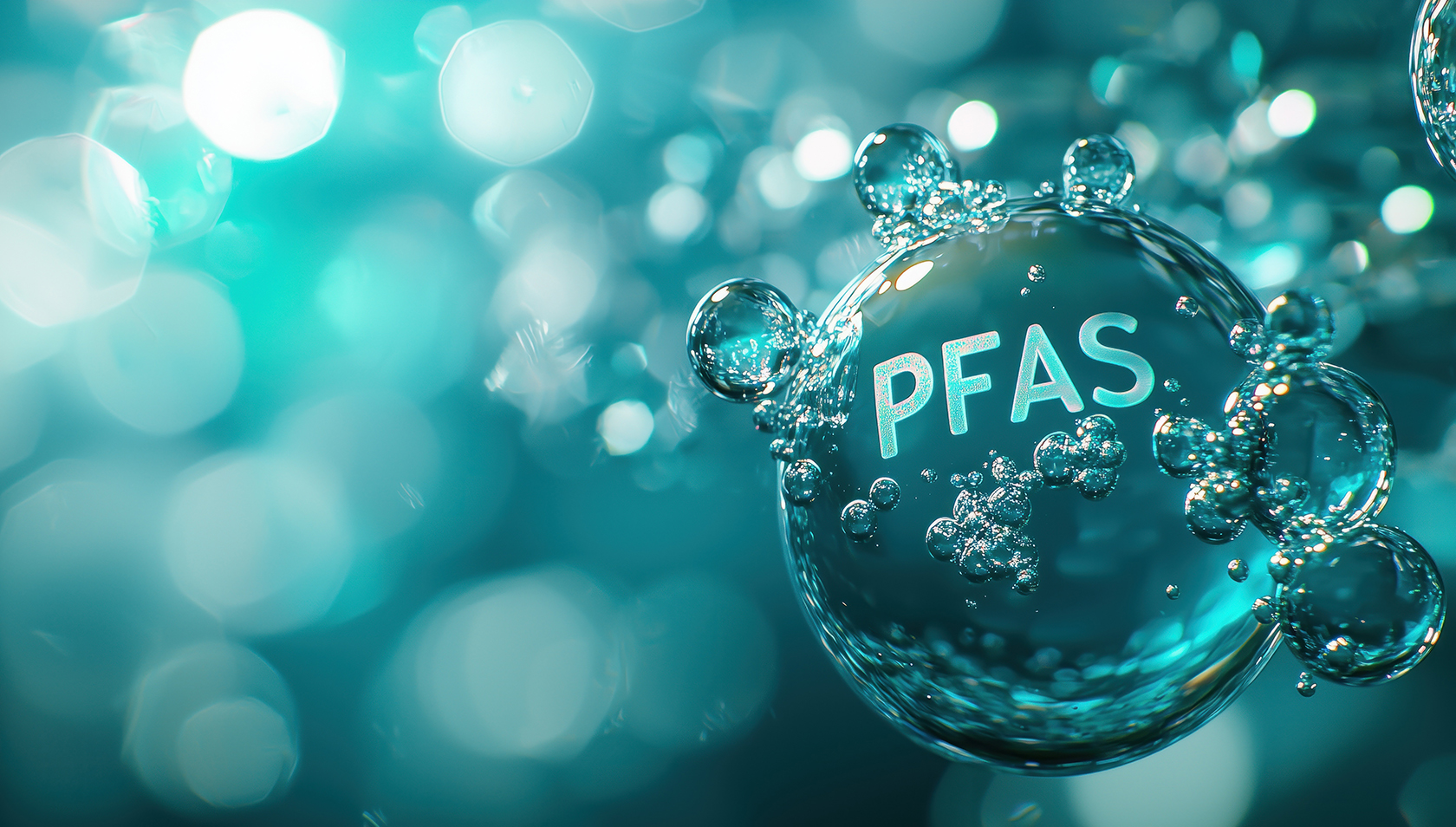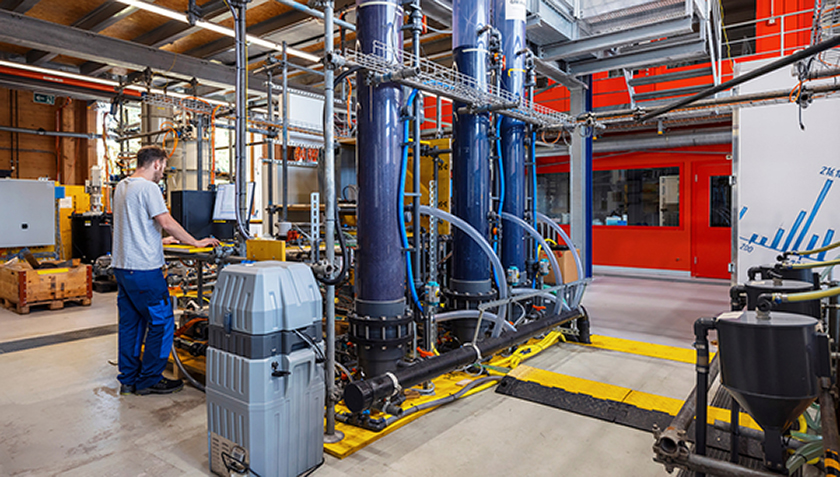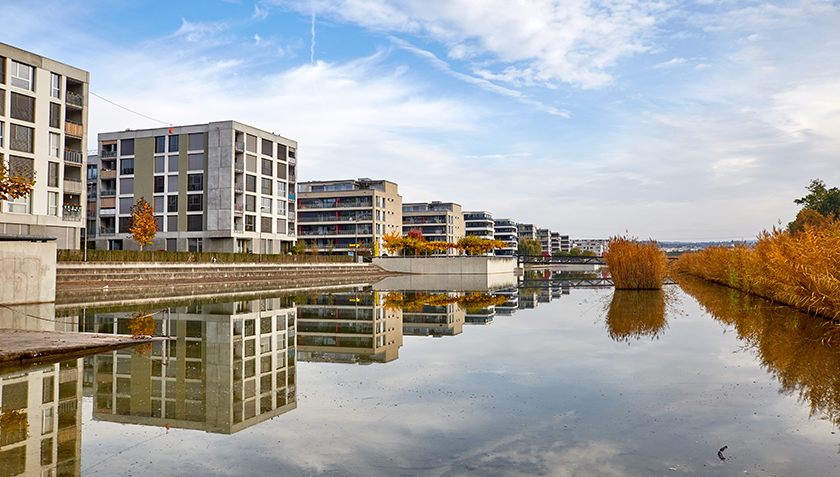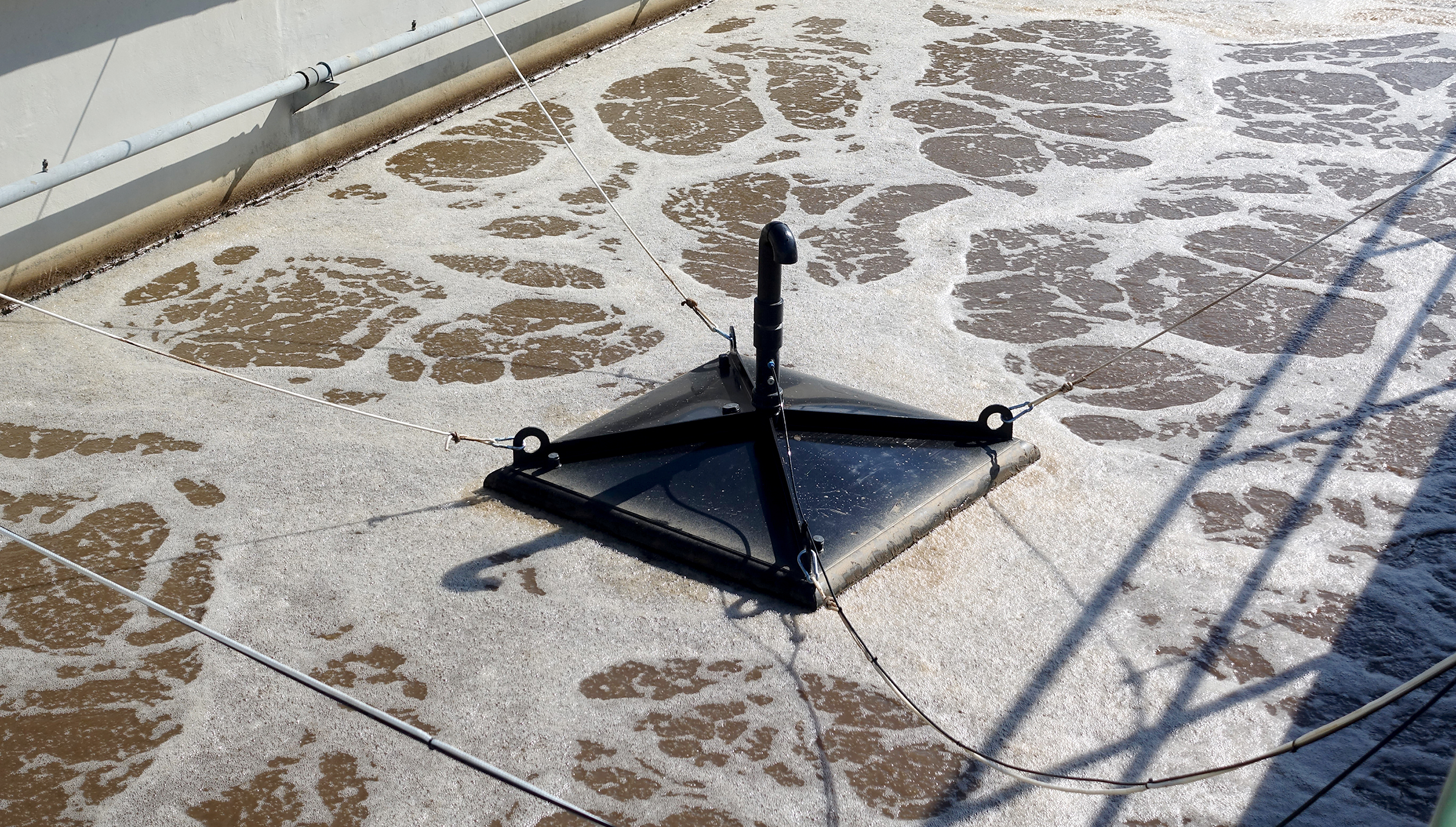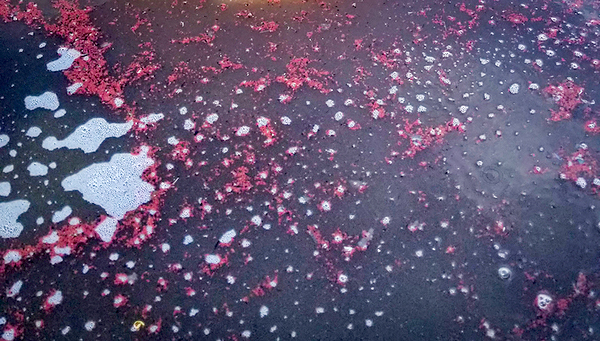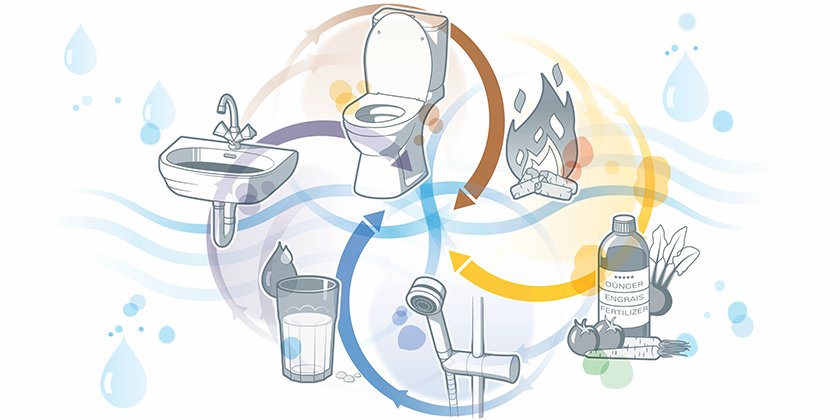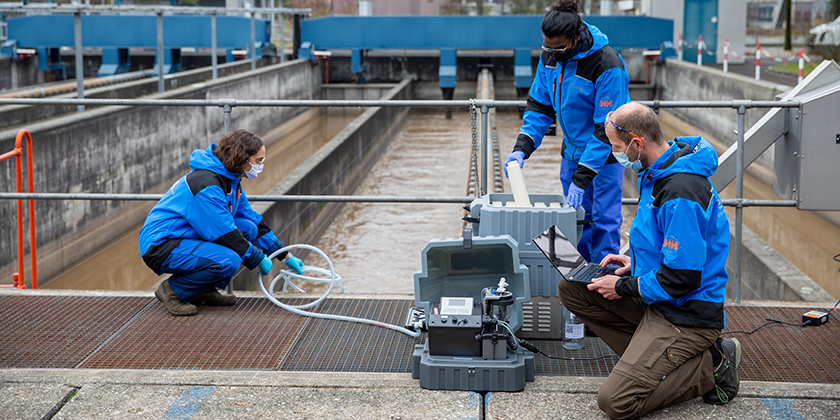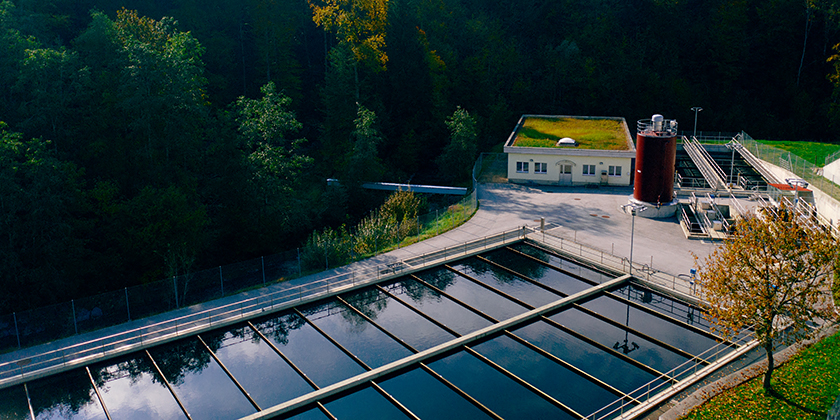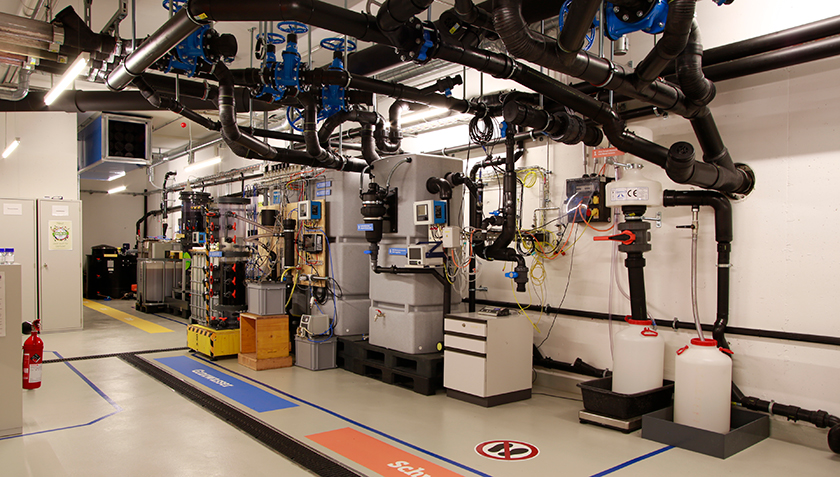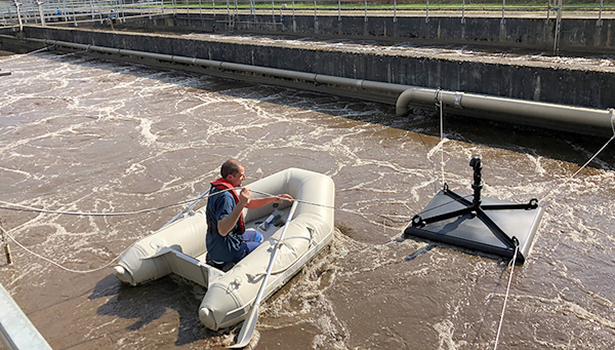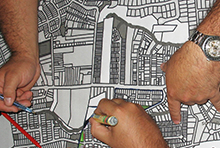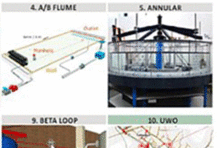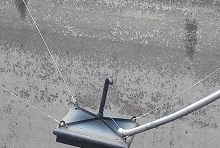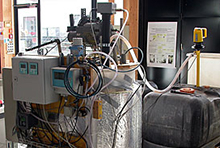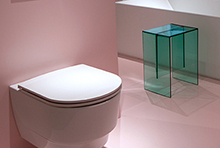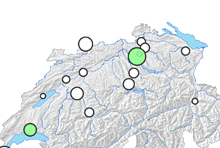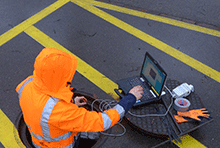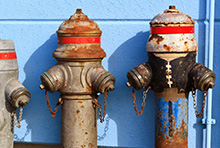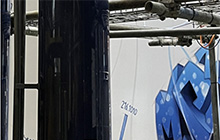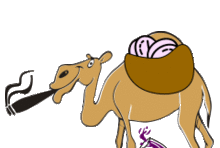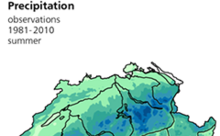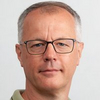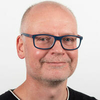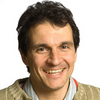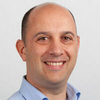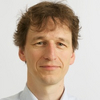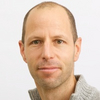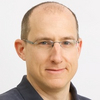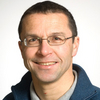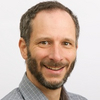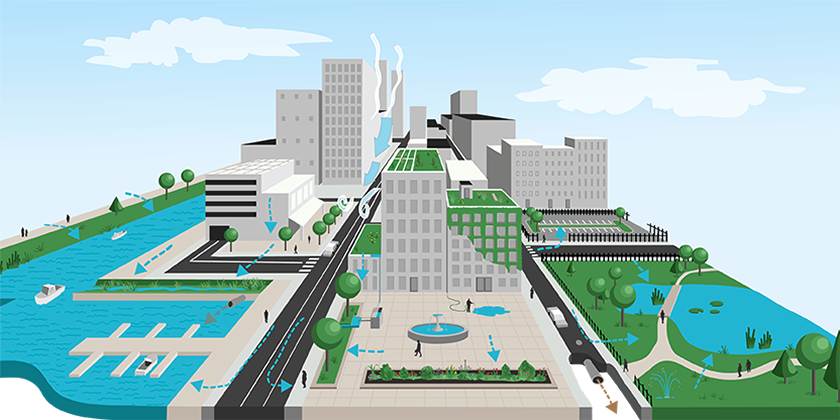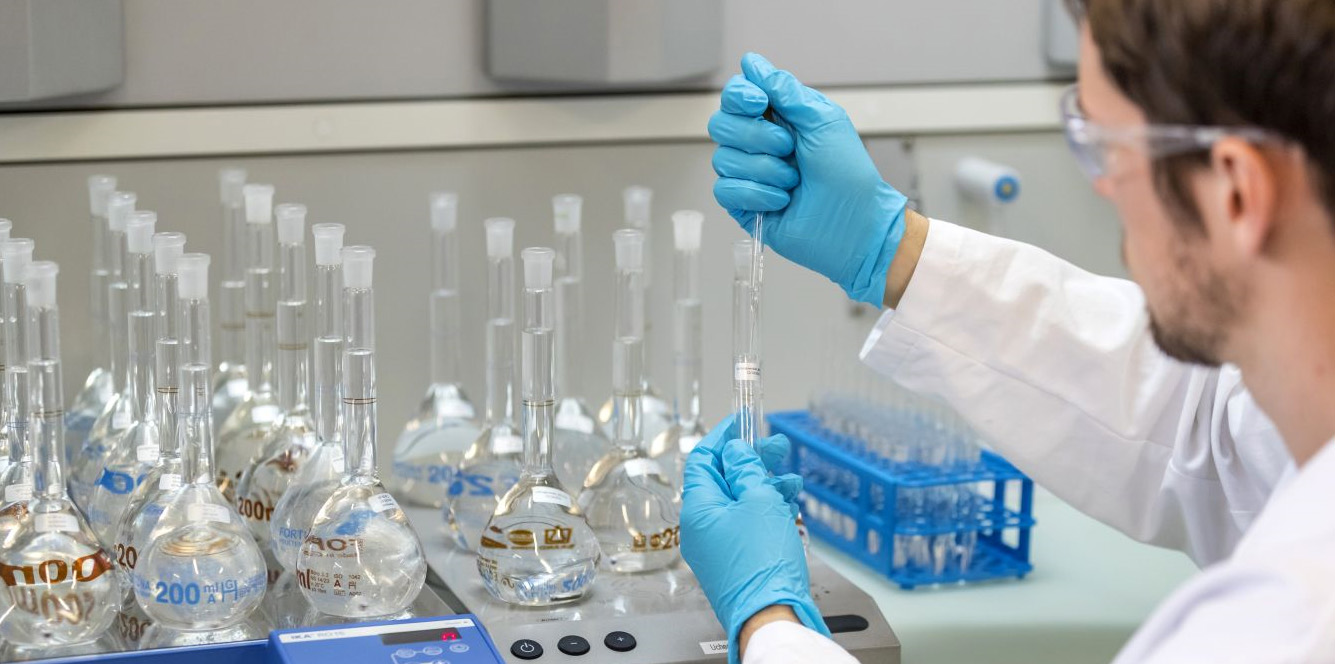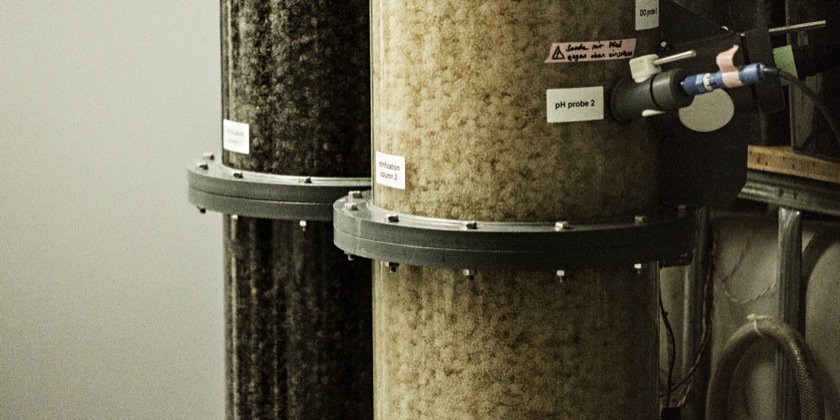Wastewater
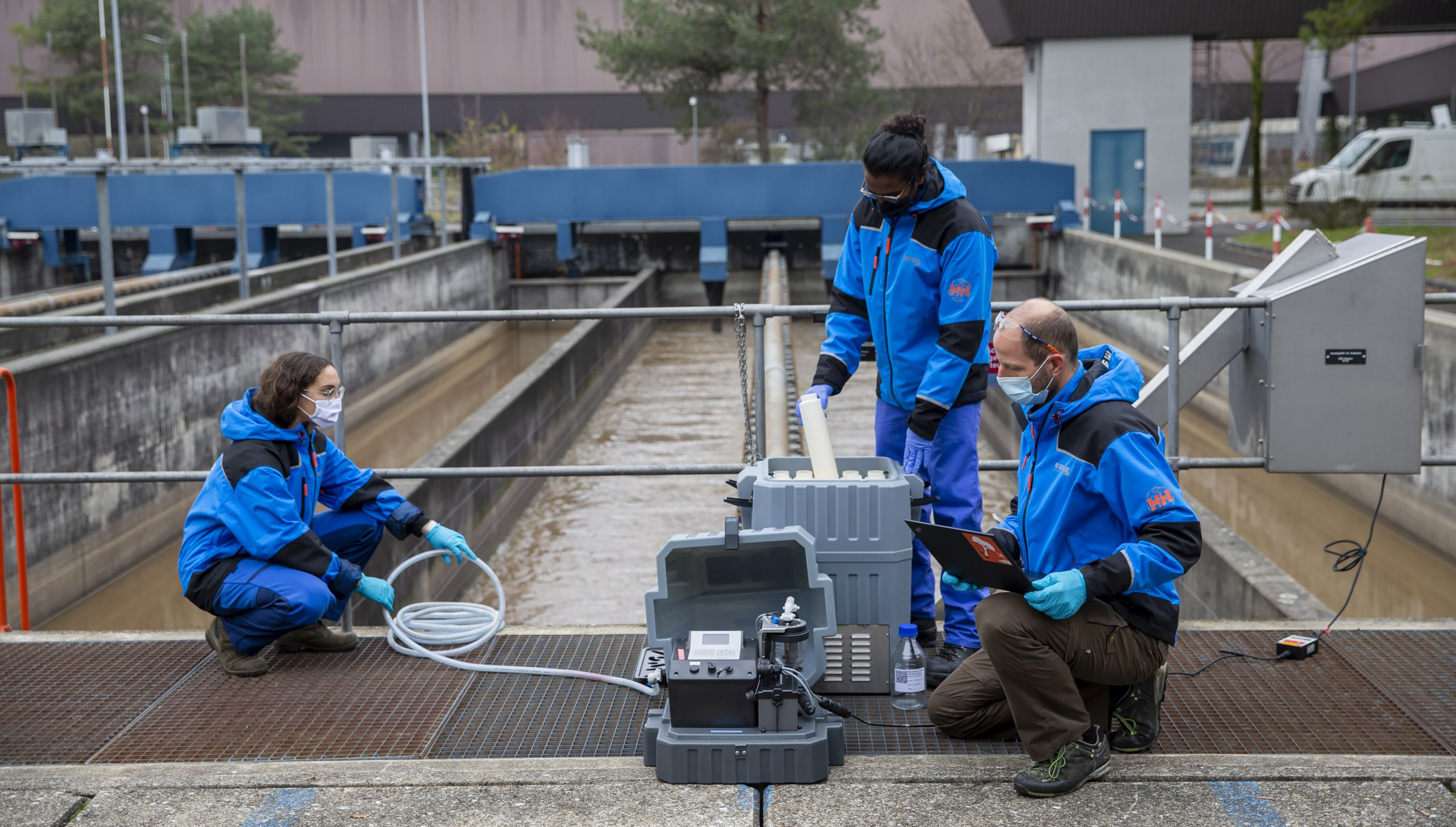
Wastewater: waste, recyclable material and early warning system
Efficient wastewater discharge and treatment infrastructures are essential for public health and water quality. Eawag’s research contributes to optimising these systems. However, wastewater also contains resources that can be recovered. In addition, it is a reflection of our health and consumption patterns, in which infectious diseases, for example, can be monitored. Eawag is also conducting research into this area.
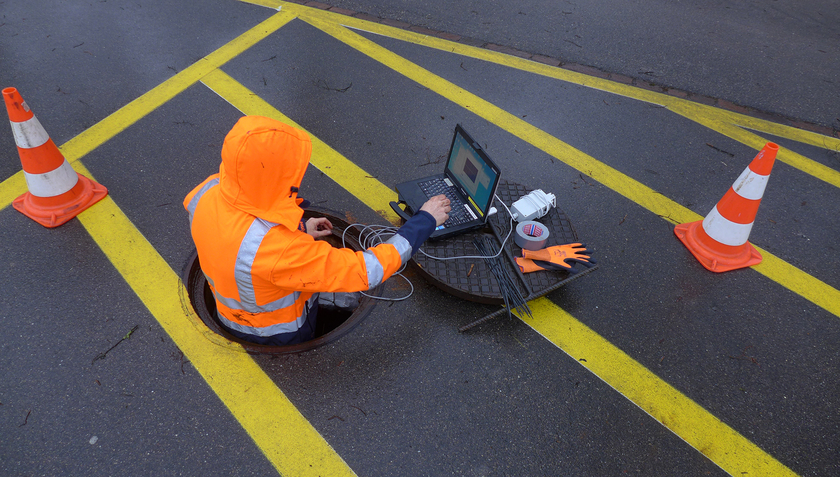
Meeting new challenges
In Switzerland, around 50,000 km of public sewers and about 800 communal wastewater treatments plants (WWTPs) ensure that wastewater and rainwater are drained and treated before they enter bodies of water again. However, the system is constantly confronted with new challenges, such as micropollutants from household chemicals or pharmaceuticals, microplastics or antibiotic resistance. Increased heavy rainfall can also overload the sewage systems. With its research, Eawag is helping to continuously optimise the wastewater system so that the high quality of Swiss bodies of water can be maintained. It also operates its own experimental sewage treatment plant for this purpose.
Over-fertilisation and climate protection
On average, wastewater treatment plants in Switzerland have to date only removed about half of the nitrogen contained in wastewater. The rest ends up in the bodies of water and contributes to over-fertilisation. However, some of the nitrogen also escapes into the air in the form of nitrous oxide. Nitrous oxide is one of the most significant greenhouse gases and also destroys the ozone layer. Eawag is therefore developing processes to quantify nitrogen leaks and make nitrogen removal more efficient and targeted.
Closing loops with decentralised systems
In the existing Swiss sewage system, urine, faeces and toilet paper are mixed and flushed away. This not only consumes a lot of water, but also makes it difficult to recover the valuable substances contained in the wastewater. Eawag is therefore researching new approaches in which the different wastewater streams are drained and treated separately. In this way, nutrients and energy can be recovered, and water can be saved and reused. Similar approaches can also be used in regions that are not connected to the water and sanitation network or where water is scarce. Eawag is developing technologies to enable the provision of good sanitation in such regions as well.
Monitoring infectious diseases and drug use
Wastewater is full of information about our health and consumption patterns. Thanks to these traces, it can be used, among other things, as an early warning system for the spread of infectious diseases. Eawag is working to extend the method it developed with partners for monitoring SARS-CoV-2 to other pathogens. Another Eawag project is concerned with the monitoring of addictive substances such as alcohol, drugs, medicines and tobacco in wastewater.
Publications for practice
Research projects
Network
We work together with a wide variety of partners.

The FOEN Water Division is responsible for the protection of surface water, groundwater and drinking water.

AWEL is a representative of all cantonal environmental or water protection agencies with which Eawag cooperates.
Office of Waste, Water, Energy and Air of the Canton of Zurich (AWEL)

The VSA is the Swiss professional organisation in the field of integral water management.
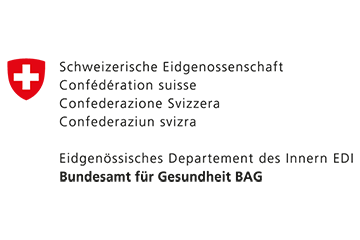
The FOPH is responsible for the protection of public health, health policy and the health system.
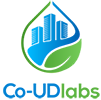
The CoUDLab brings together European research and innovation activities and testing facilities on urban drainage systems.
Scientific publications
Research departments
Cover picture: Eawag researchers collect wastewater samples at the Werdhölzli wastewater treatment plant in Zurich, which they later test for SARS-CoV2 in the laboratory
(Photo: Eawag, Esther Michel).

